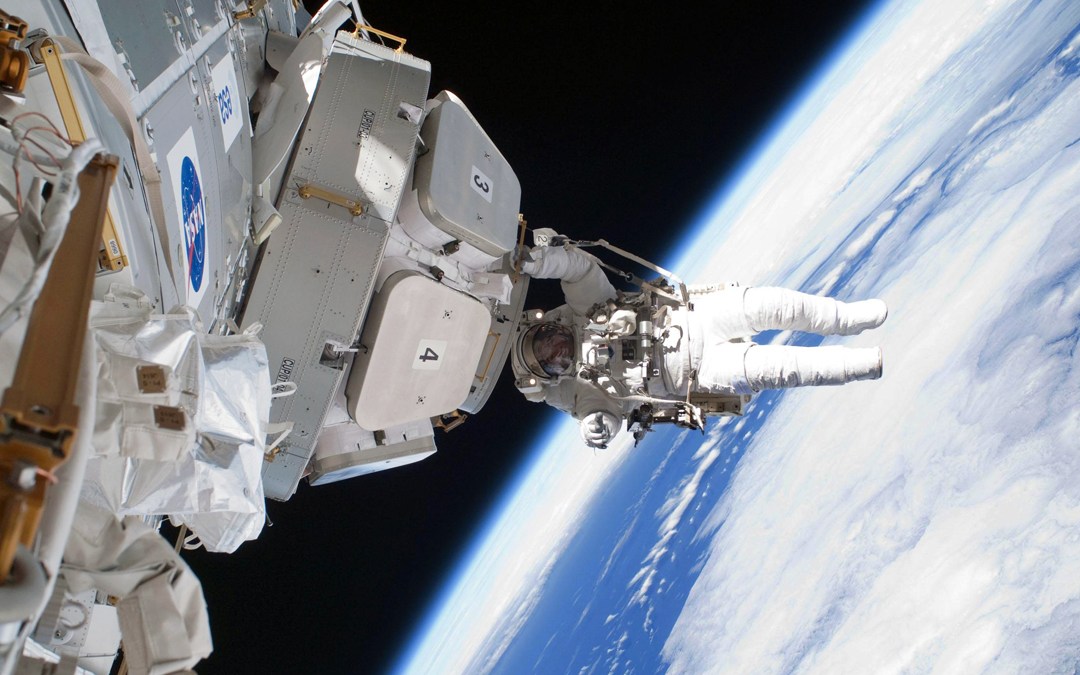Guest blog by Dr. Alyson Lanciki, Scientific Editor, Metrohm International
 For over twenty years now, there has been continuous human occupation off our planet.
For over twenty years now, there has been continuous human occupation off our planet.
The International Space Station (ISS), launched in 1998, is a modular satellite in low orbit around the Earth, which is visible even with the naked eye.
In October, NASA launched an Antares rocket carrying a Cygnus resupply ship. This cargo ship carried an experimental system on board used to study the oxidation of ammonia under microgravity conditions to convert urine into water on the ISS. Improving this waste management system has far-reaching repercussions for longer exploratory missions where the weight of the payload must be optimized with the amount of water needed (which is heavy) to sustain life during the trip. Given the limited resources aboard a spaceship, the recovery of water from all processes is of great importance.
Future missions which may benefit from this study include trips to the moon (Artemis) and eventually to Mars (Orion).
The system just delivered to the space station uses Metrohm DropSens screen-printed electrodes (SPEs). The novel nanomaterial coating of the electrodes was developed by researchers at the University of Alicante, Spain, in collaboration with the University of Puerto Rico, U.S. Meet the people behind the project and learn more about their research. (One of them, Camila Morales Navas, senior graduate student in the Department of Chemistry, University of Puerto Rico, is a former ECS Student Member).
WATCH the launch of the Antares rocket!
Learn more about space and electrochemistry—or share your research—at the Electrochemistry in Space Symposium at the 240th ECS Meeting, from October 10-14, 2021, in Orlando, FL. The deadline to submit abstracts is April 9, 2021.


